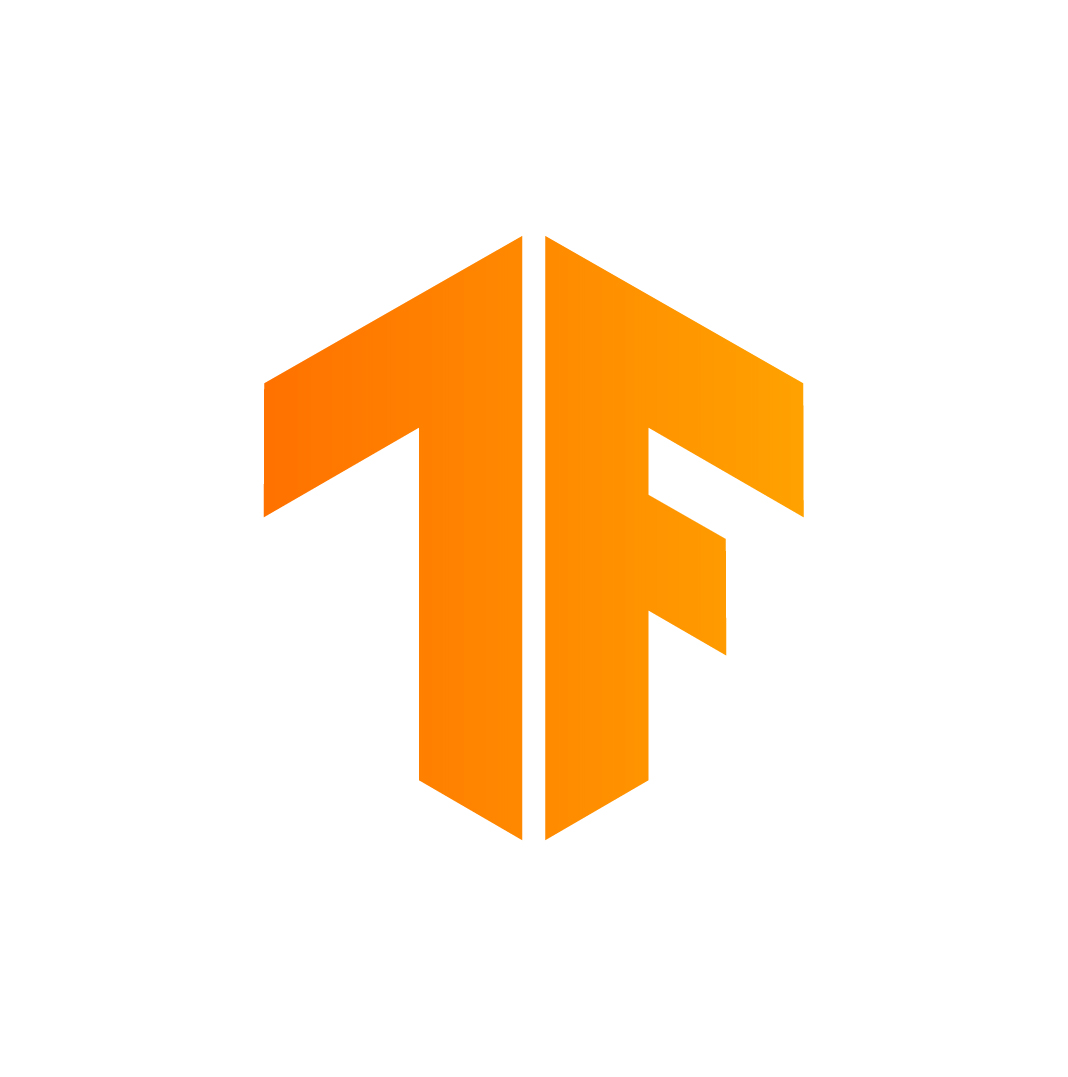//tensorflowbyvicb
tensorflow
Computation using data flow graphs for scalable machine learning

undefinedDocumentationundefined |
|---|
 |
undefinedTensorFlow is an open source software library for numerical computation using
data flow graphs. The graph nodes represent mathematical operations, while
the graph edges represent the multidimensional data arrays (tensors) that flow
between them. This flexible architecture enables you to deploy computation to one
or more CPUs or GPUs in a desktop, server, or mobile device without rewriting
code. TensorFlow also includes TensorBoard, a data visualization toolkit.
TensorFlow was originally developed by researchers and engineers
working on the Google Brain team within Google’s Machine Intelligence Research
organization for the purposes of conducting machine learning and deep neural
networks research. The system is general enough to be applicable in a wide
variety of other domains, as well.
TensorFlow provides stable Python API and C APIs as well as without API backwards compatibility guarantee like C++, Go, Java, JavaScript and Swift.
Keep up to date with release announcements and security updates by
subscribing to
announce@tensorflow.org.
Installation
See Installing TensorFlow for instructions on how to install our release binaries or how to build from source.
People who are a little more adventurous can also try our nightly binaries:
undefinedNightly pip packagesundefined
- We are pleased to announce that TensorFlow now offers nightly pip packages
under the tf-nightly and
tf-nightly-gpu project on pypi.
Simply runpip install tf-nightlyorpip install tf-nightly-gpuin a clean
environment to install the nightly TensorFlow build. We support CPU and GPU
packages on Linux, Mac, and Windows.
Try your first TensorFlow program
$ python
>>> import tensorflow as tf
>>> hello = tf.constant('Hello, TensorFlow!')
>>> sess = tf.Session()
>>> sess.run(hello)
'Hello, TensorFlow!'
>>> a = tf.constant(10)
>>> b = tf.constant(32)
>>> sess.run(a + b)
42
>>> sess.close()
Learn more examples about how to do specific tasks in TensorFlow at the tutorials page of tensorflow.org.
Contribution guidelines
undefinedIf you want to contribute to TensorFlow, be sure to review the contribution
guidelines. This project adheres to TensorFlow’s
code of conduct. By participating, you are expected to
uphold this code.undefined
undefinedWe use GitHub issues for
tracking requests and bugs. So please see
TensorFlow Discuss for general questions
and discussion, and please direct specific questions to Stack Overflow.undefined
The TensorFlow project strives to abide by generally accepted best practices in open-source software development:
Continuous build status
Official Builds
| Build Type | Status | Artifacts |
|---|---|---|
| undefinedLinux CPUundefined | pypi | |
| undefinedLinux GPUundefined | pypi | |
| undefinedLinux XLAundefined | TBA | |
| undefinedMacOSundefined | pypi | |
| undefinedWindows CPUundefined | pypi | |
| undefinedWindows GPUundefined | pypi | |
| undefinedAndroidundefined |  |
Community Supported Builds
| Build Type | Status | Artifacts |
|---|---|---|
| undefinedIBM s390xundefined | TBA | |
| undefinedIBM ppc64le CPUundefined | TBA | |
| undefinedIBM ppc64le GPUundefined | TBA | |
| undefinedLinux CPU with Intel® MKL-DNN Nightly | Nightly | |
| undefinedLinux CPU with Intel® MKL-DNN Python 2.7 Linux CPU with Intel® MKL-DNN Python 3.5 Linux CPU with Intel® MKL-DNN Python 3.6 |
1.10.0 py2.7 1.10.0 py3.5 1.10.0 py3.6 |
For more information
- Tensorflow Blog
- TensorFlow Course at Stanford
- TensorFlow Model Zoo
- TensorFlow MOOC on Udacity
- TensorFlow Roadmap
- Tensorflow Twitter
- TensorFlow Website
- TensorFlow White Papers
- TensorFlow YouTube Channel
Learn more about the TensorFlow community at the community page of tensorflow.org for a few ways to participate.
License
We use cookies
We use cookies to analyze traffic and improve your experience. You can accept or reject analytics cookies.